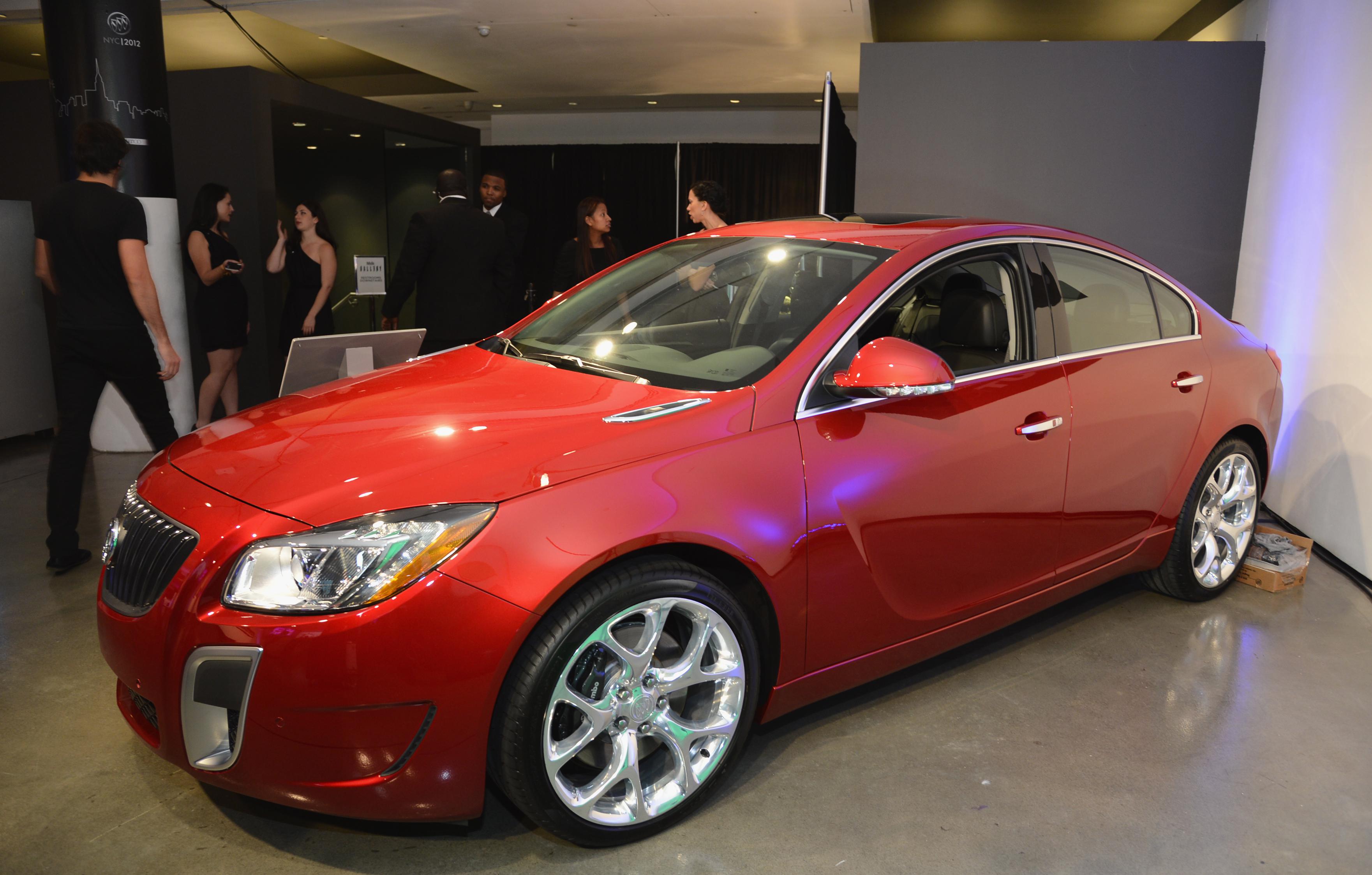Reading my colleague Amanda Hess on Mary Barra and her problematic relationship to the “car guy” concept in the auto industry and also Businessweek’s excellent story on Barra’s career, I’m left not for the first time scratching my head over basic practices in the automobile industry.
I’m not a car guy and in fact have never owned a car. But I do have a driver’s license and a parking space (thanks, mandatory parking minimums!) and maybe I’ll own one some day. Let’s say it’s a couple of years from now, I’ve got a kid, and my wife and I decide we need to add a car to our arsenal. We navigate over to the General Motors website and look at its search tool and find:
We find … a lot of car jargon. I feel like sensible consumer-facing brands do this the other way around. The Banana Republic men’s website has a link labeled “sharp at work” that I think a man is supposed to click on in order to look sharp at work. You go to “dress shirts” to dress up and to “casual shirts” to dress down. This works because these are all words in the English language that people who aren’t interested in fashion understand. Do I really want to spend almost $2,000 for a laptop? No, I don’t, and since the laptop in question has “Pro” in its name I know that I—not being a pro—should be well-served by the cheaper one. Right?
So why doesn’t GM tell me whether my hypothetical young urban family needs a hatchback/wagon or crossover? I don’t know what the difference is.
Which is not to single them out for abuse. Toyota has invested in a very well-designed interactive car-matching tool that opens with this absurd and reductive question:
I dunno, some of each? Right? Like everyone else? And while GM insists on confusing me by asking which brand I want, Toyota errs in the other direction—no matter what you say, they won’t try to sell you a Lexus. After all, I didn’t navigate to www.Lexus.com so obviously I’m not in the market for Toyota’s highest end cars. All in all, the marketing seems to assume that the target is big-time car enthusiast. Someone who’s really interested in the internal brand separation strategies of major automakers and wants to master the different genres of automobile.
I’m open to the possibility that this is just a weird quirk of my Manhattan upbringing and normal people find car companies’ self-presentation to be totally clear and logical. But I have a suspicion that car companies run by “car guys” may be a little bit excessively cocooned about how this looks to just regular people.
